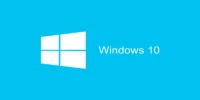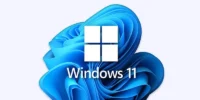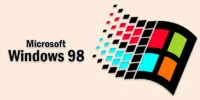Advantages and Disadvantages of Time Sharing Operating System
Published: 2 Feb 2025
Time Sharing Operating System Advantages and Disadvantages
By effectively sharing its resources, a time-sharing operating system is a potent tool that enables numerous people to utilize a single system at once. Have you ever wondered how one computer can handle multiple tasks without slowing down? For many, the challenge lies in ensuring fair resource allocation and reducing downtime, which this system effectively solves. Whether you’re running a university lab or managing shared computing environments, understanding its advantages and disadvantages can help you make better decisions.
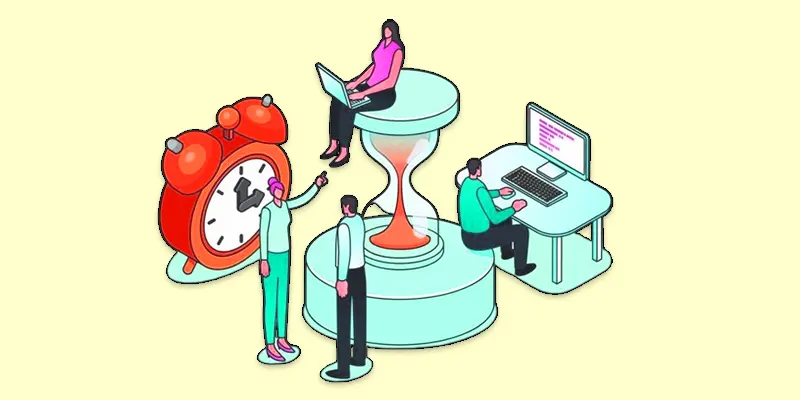
Advantages of Time Sharing Operating System
Sharing a computer with many users at once is made simple by a time-sharing operating system. Everyone will benefit from its efficient use of time and resources.
- Efficient Resource Utilization
- Supports Multiple Users
- Reduced Response Time
- Cost-Effective
- Fair Resource Allocation
Efficient Resource Utilization
Efficient resource utilization means the system makes the best use of its CPU, memory, and other resources. It ensures no resource stays idle for long, so everything is used smartly. This helps save time and keeps the system running smoothly for all users.
Supports Multiple Users
Multiple people can work simultaneously on the same computer thanks to a time-sharing system. To prevent them from interfering with one another, each user receives an equitable portion of the system’s resources. This makes it perfect for situations where many people need access to a computer, like in schools or offices.
Reduced Response Time
Reduced response time means the system quickly reacts to each user’s request. Even when many users are connected, the system stays fast and responsive. This helps users get their tasks done faster without waiting long for the system to respond.
Cost-Effective
Because a time-sharing system enables multiple users to utilize a single computer, it is an economical solution. This reduces the need for buying multiple machines for everyone. Organizations can save money while still providing access to powerful computing resources for everyone.
Fair Resource Allocation
Fair resource allocation means every user gets an equal chance to use the computer’s resources, like CPU time and memory. The system divides these resources evenly so no one is left waiting too long. This ensures that all users have a smooth experience, even when the system is busy.
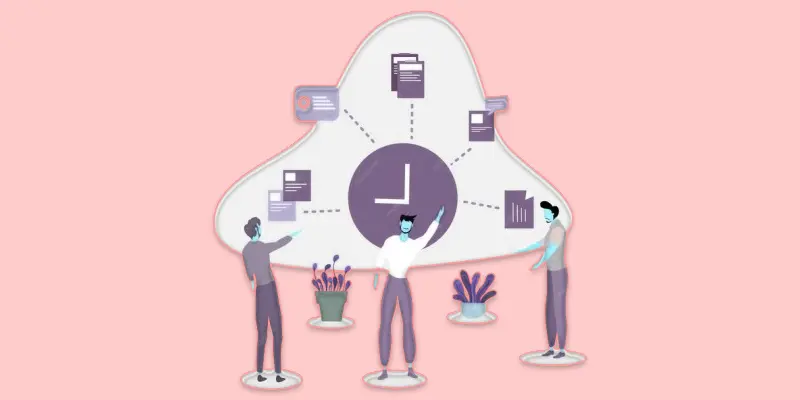
Disadvantages of Time Sharing Operating System
While time-sharing operating systems offer many benefits, they also have some downsides. Let’s take a look at a few challenges they might bring.
- Complex implementation
- Risk of data security issues
- High overhead costs
- Dependency on system reliability
- Requires frequent maintenance
Complex Implementation
Setting up a time-sharing system can be complicated. It requires careful planning to make sure all users get the right amount of resources without causing issues. This makes the system harder to design and manage compared to simpler systems.
Risk of Data Security Issues
Since multiple users share the same system, there’s a risk that sensitive data could be accessed by the wrong person. If security isn’t strong enough, unauthorized users might get into someone else’s files. This makes protecting data extra important in time-sharing systems.
High Overhead Costs
Time-sharing systems can have high overhead costs because they need more resources to manage many users at once. The system must constantly switch between tasks, which can take extra time and energy. These extra costs can make running the system more expensive than other types of setups.
Dependency on System Reliability
Time-sharing systems rely heavily on the central computer. If the system crashes or has issues, all users lose access at the same time. This makes it really important for the system to be reliable and work smoothly all the time.
Requires Frequent Maintenance
Time-sharing systems need regular checks and updates to keep everything running well. Since many users are sharing the same resources, any small issue can affect everyone. Frequent maintenance helps fix problems quickly and ensures the system stays secure and efficient.

Conclusion About Time Sharing Operating System Disadvantages
In this article, we’ve covered Time Sharing Operating System Advantages and Disadvantages in detail. After weighing both the pros and cons, I’d recommend considering a time-sharing system if you’re managing multiple users or resources. It’s a great choice for improving efficiency, but make sure to stay on top of system maintenance and security. If you’re ready to dive deeper into optimizing your system, feel free to explore more on this topic or share your thoughts in the comments below!
FAQS – Advantages of Time Sharing Operating System
A computer with a time-sharing operating system can be used by several people simultaneously. To ensure that everyone has an equal amount of time to work, it distributes the computer’s resources.
A real-time sharing operating system is designed to give immediate responses to users or devices. It ensures that tasks are completed in a set amount of time, without delays.
Indeed, Linux is an operating system that allows for time sharing. It enables simultaneous access to and sharing of the system’s resources by numerous users.

- Be Respectful
- Stay Relevant
- Stay Positive
- True Feedback
- Encourage Discussion
- Avoid Spamming
- No Fake News
- Don't Copy-Paste
- No Personal Attacks

- Be Respectful
- Stay Relevant
- Stay Positive
- True Feedback
- Encourage Discussion
- Avoid Spamming
- No Fake News
- Don't Copy-Paste
- No Personal Attacks


